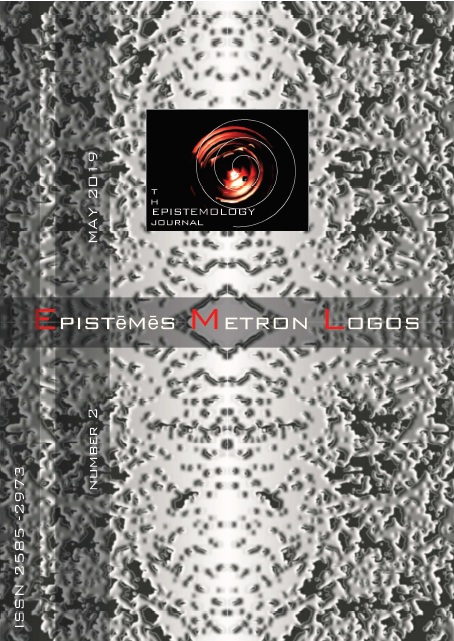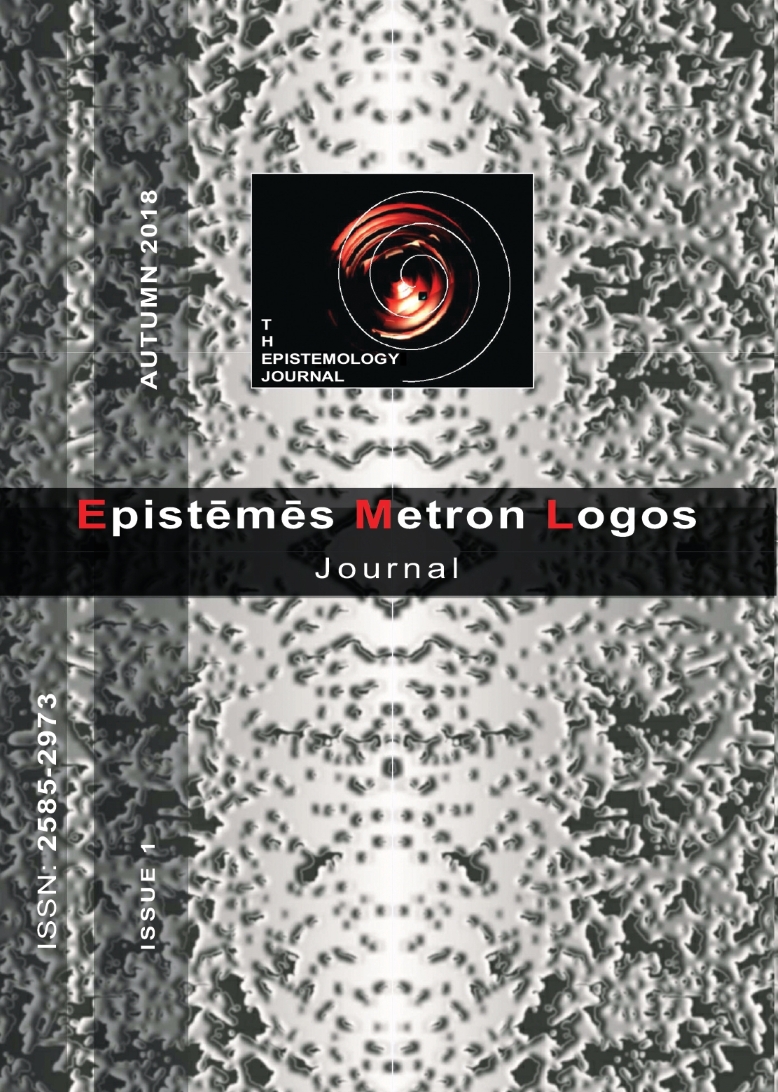The true “punching bag” behind Molière’s The Middle-Class Nobleman

Abstract
Summary In 1670, the new ballet comedy The middle-class gentleman (Le bourgeois
gentilhomme) premiered at the theatre of the French palace before “the
Sun King” Louis XIV, on a text by Molière with music by Lully, his
permanent collaborator. Both were acting on stage. Since then, no one has
raised the question who is the real punching bag of the play’s aggression.
The present author decided to research towards understanding it, in order
to compose new music responsibly for a performance at the Municipal
Regional Theatre of Crete, an island paradoxically connected directly with
the initial impetus behind the play’s composition. By studying historical
sources, events, linking the circumstances and analyzing in depth the text
from a fresh viewpoint with emphasis on certain scenes, he concluded
that the target of the playwright’s merciless hard satire was the original
composer of the music for the play, because the two of them had entered
a period of deep clash for personal, financial and legal differences. The
research, with its conclusions regarding the Molièresque attack on Lully,
moves on the axes of his humble Italian origins, his greed, the forgery of
his family history through the construction of a fake past of nobility, as well
as his widely conspicuous effeminacy and open homosexuality, by probing
into detailed historical, linguistic, etymological, political and sociological
references. The compound historical study of events that took place in the
palace and motivated the writing of this play is combined with a social
study of the palatine conditions and habits, with juicy references to the
customs and etiquette of the wider royal family and the Court, enhanced
with anecdotal facts and spicy commentary. The general attempt of this
novel multifaceted theatrological viewing is the documentation through
a narrative rich in authentic facts about the play, the author, the associate
creators and the era, largely unknown to the general public.
Article Details
- How to Cite
-
Lekkas, D. E. (2019). The true “punching bag” behind Molière’s The Middle-Class Nobleman. Epistēmēs Metron Logos, (2), 11–39. https://doi.org/10.12681/eml.20569
- Section
- Publishing partner

This work is licensed under a Creative Commons Attribution-NonCommercial 4.0 International License.
Authors who publish with this journal agree to the following terms:
Authors retain copyright and grant the journal right of first publication with the work simultaneously licensed under a Creative Commons Attribution Non-Commercial License that allows others to share the work with an acknowledgement of the work's authorship and initial publication in this journal.
Authors are able to enter into separate, additional contractual arrangements for the non-exclusive distribution of the journal's published version of the work (e.g. post it to an institutional repository or publish it in a book), with an acknowledgement of its initial publication in this journal.
Authors are permitted and encouraged to post their work online (preferably in institutional repositories or on their website) prior to and during the submission process, as it can lead to productive exchanges, as well as earlier and greater citation of published work.




